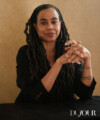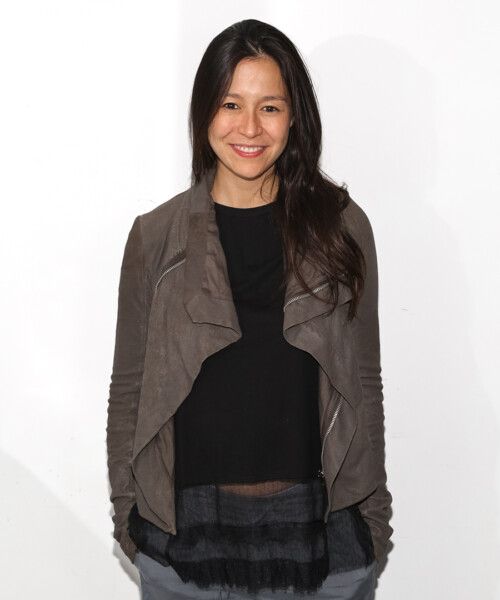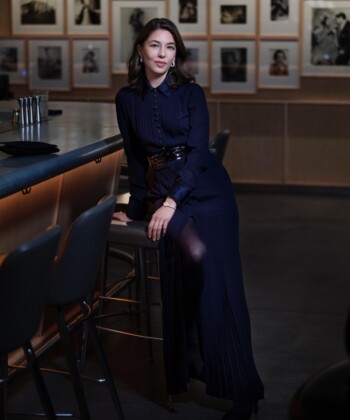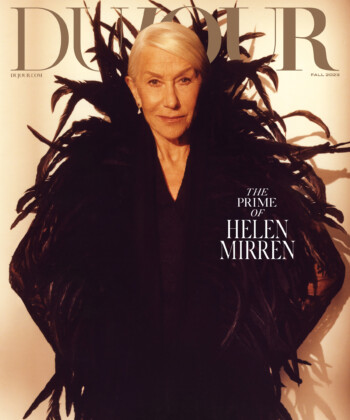Knifing into the sky 21,000 feet above the Ganges River in the Garhwal Himalayas of Northern India, the “Shark’s Fin” on Mount Meru has earned its reputation among big-wall climbers. It’s a perfect storm of Earth’s most inhospitable elements. Which is precisely why it’s a constant siren song for so many in the carabiner-set’s highest tier. And while very few mountaineers have mustered the gumption—or hysteria—to attempt an ascent, the 2015 documentary Meru tells the story of three men who risk everything to do just that—twice.
As anyone with a Netflix subscription and a passing interest in adventure films knows, there’s no dearth of climbing documentaries, a genre whose mass appeal was largely sparked by 2003’s Touching the Void. Because of the exceptionally demanding nature of the sport, however, most of the on-mountain action footage in such movies relies on reenactments. Dangling thousands of feet above the ground, clinging to a shifty sheet of ice and snow, does not lend itself to the temperamental act of filmmaking. But for professional climber Jimmy Chin, photography and climbing are longtime bedfellows—a skillset that’s made him the go-to lensman for jaw-dropping National Geographic and Outside shoots and ad campaigns for both Timex and The North Face.
“He can’t be climbing and not shooting, that’s just what he does—it’s second nature,” says Elizabeth Chai Vasarhelyi, Chin’s wife and his co-producer and director on Meru, winner of this year’s Documentary Audience Award at Sundance. Soon after the pair met at a conference where Chin was speaking, he asked Vasarhelyi, already at that point an accomplished filmmaker, to take a look at the raw assemblage of footage he brought back from the Shark’s Fin. When Vasarhelyi, a native New Yorker, watched Chin’s clips, she was struck by its singularity. “I mean, no one’s ever shot that way,” she recalls. “As a documentarian, when I looked at that footage, I was like, Okay, that’s very, very special.”
To be sure, the footage Chin and his fellow climbers, Conrad Anker and Renan Ozturk, captured of their harrowing weeks spent on the mountain is nothing short of astonishing. Though Vasarhelyi saw the actual climbing sequences as a sub-plot to a larger story about the mountaineers’ remarkable bond.

A still from the documentary “Meru”
Getting the climbers to open up and emote on camera—about near-death experiences, crippling cold and hunger, shattering defeat—was another story. “Climbing is a very understated culture; they don’t brag. So it was about approaching their interviews and asking them about their feelings in a way that they haven’t been asked before,” Vasarhelyi, 36, says of the process. “It’s not even the footage, the climb itself, but this stunning act of friendship that I think no matter who you are—if you’re familiar with heights or not—you could find that compelling.”
Indeed, many of the most striking moments in Meru, which masters the ebb-and-flow of trepidity and reflection, turn up when little is happening, when the trio is sitting in their portaledge between climbs. “The space when they’re quiet—you can see a lot going on between them and their emotions,” notes Vasarhelyi, who credits the work of directors like Chris Marker, Errol Morris and Joshua Oppenheimer among her primary influences.
Asked what it was like to work on the film with her now husband, Vasarhelyi, who has a young daughter with Chin and is expecting another child in the coming weeks, laughs. “You know, it’s funny. I was very much about church-and-state, because it became clear that we were romantically involved, so I was very reluctant,” she says, looking back. But ultimately her immediate connection to the project and the advice of a few close friends convinced her to stay the course. She describes her working process with Chin as “yin-and-yang,” which she also thinks makes them a successful couple in their private lives. Chin, who calls Jackson, Wyoming home, travels six months a year and visits his wife and daughter in New York when he can. “It’s unconventional,” she admits of the arrangement, “but it will evolve and we’ll figure it out.”
“We worked well together,” says Chin of the collaboration. “Whether we agreed or not on certain aspects of the film, we could put the egos aside and always understood the dialogue was in the service of the film. Her instincts are very good.”
Though they were not together when Chin climbed Meru in 2008 and 2011, Vasarhelyi says she can’t help but get nervous for her adventurous husband, who narrowly survived a major avalanche in the Tetons between his two climbs of the Shark’s Fin. It’s not the big expeditions that worry her most, rather the smaller ones he takes for pleasure on his days off. “I think your guard is down, and it’s your home turf, and you don’t think about it,” she says of his backcountry outings. “We’ve lost a lot of friends that way.”
After graduating from Princeton, Vasarhelyi—having just directed A Normal Life, her documentary about seven friends in Kosovo that won the Best Documentary Award at the 2003 Tribeca Film Festival—decided to forgo film school. To hone her technical skills, she took a job as Mike Nichols’ assistant on his 2004 film Closer. (He also gave her a small role in the movie.) From then on, she says she knew that her calling was to make documentaries that “allow people to experience the lives of others, that can change their feelings and their world view.” On each project she oversees, Vasarhelyi works hard to put part of herself in every frame.
As for Meru, she sees herself most in certain qualities shared by the three climbers. “It’s something I think about a lot,” she says. “Their respect for the outdoors, their position in the world—how they understand their tiny place in this huge cosmos—and the passion that they bring to what they do.That’s where I have the personal connection to it.”








































